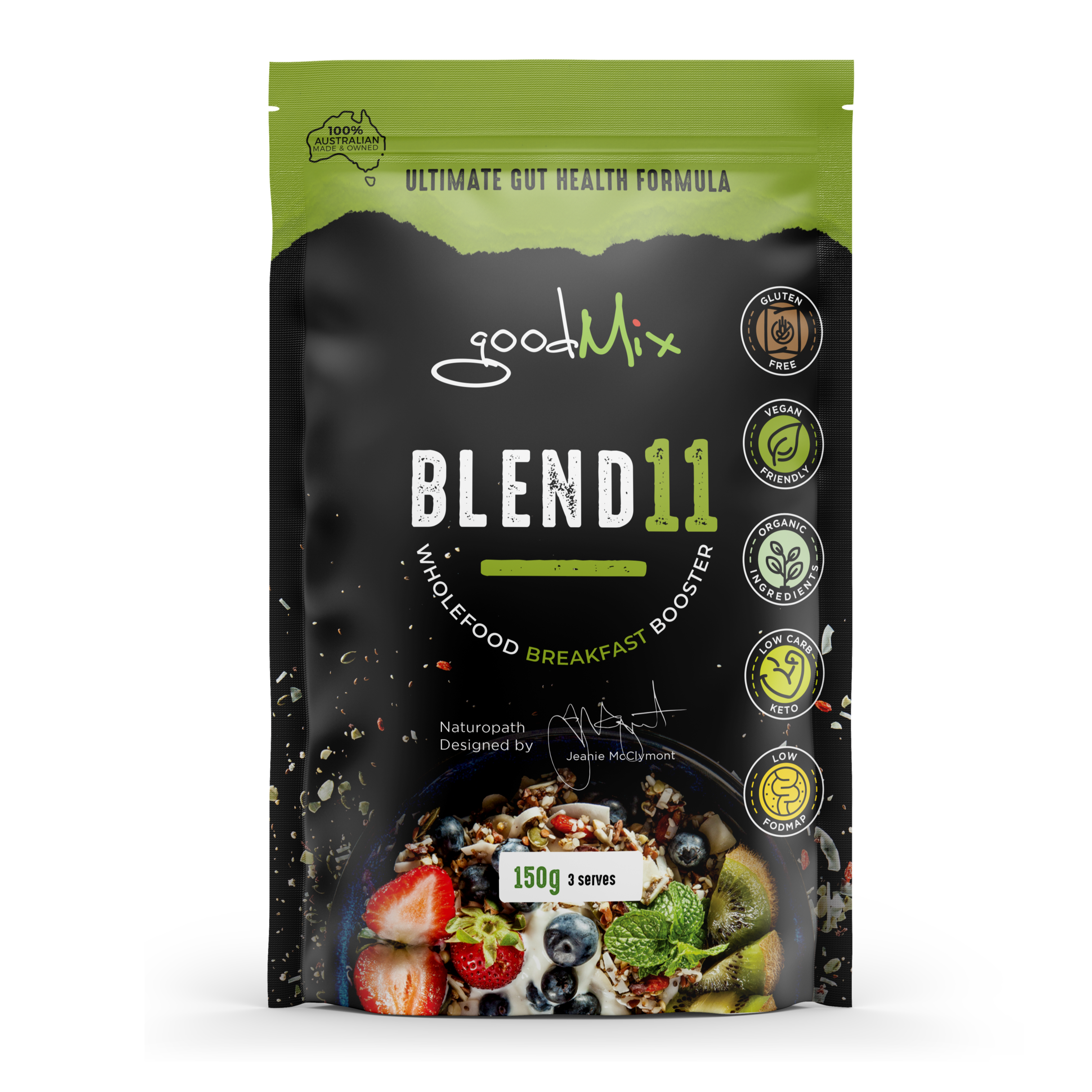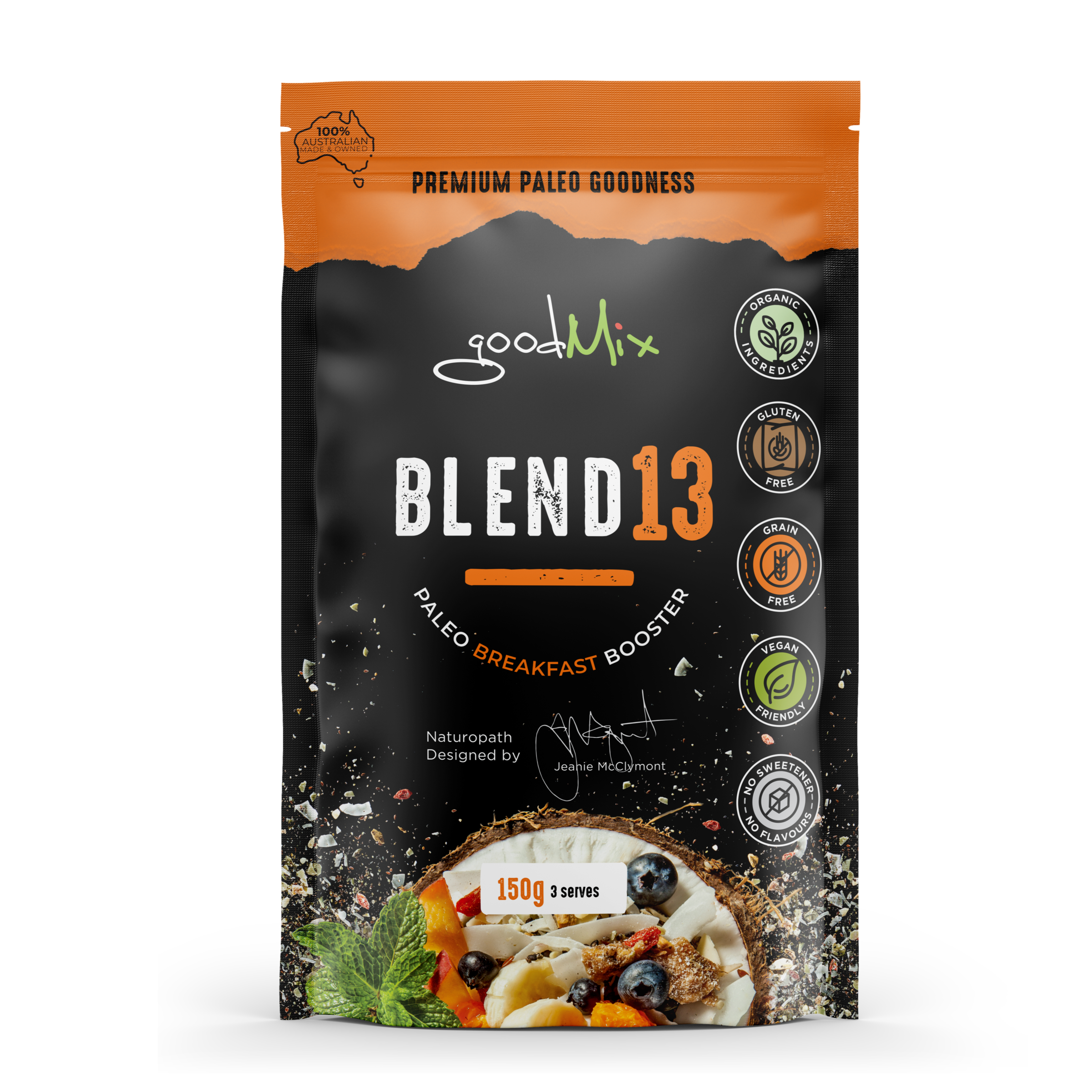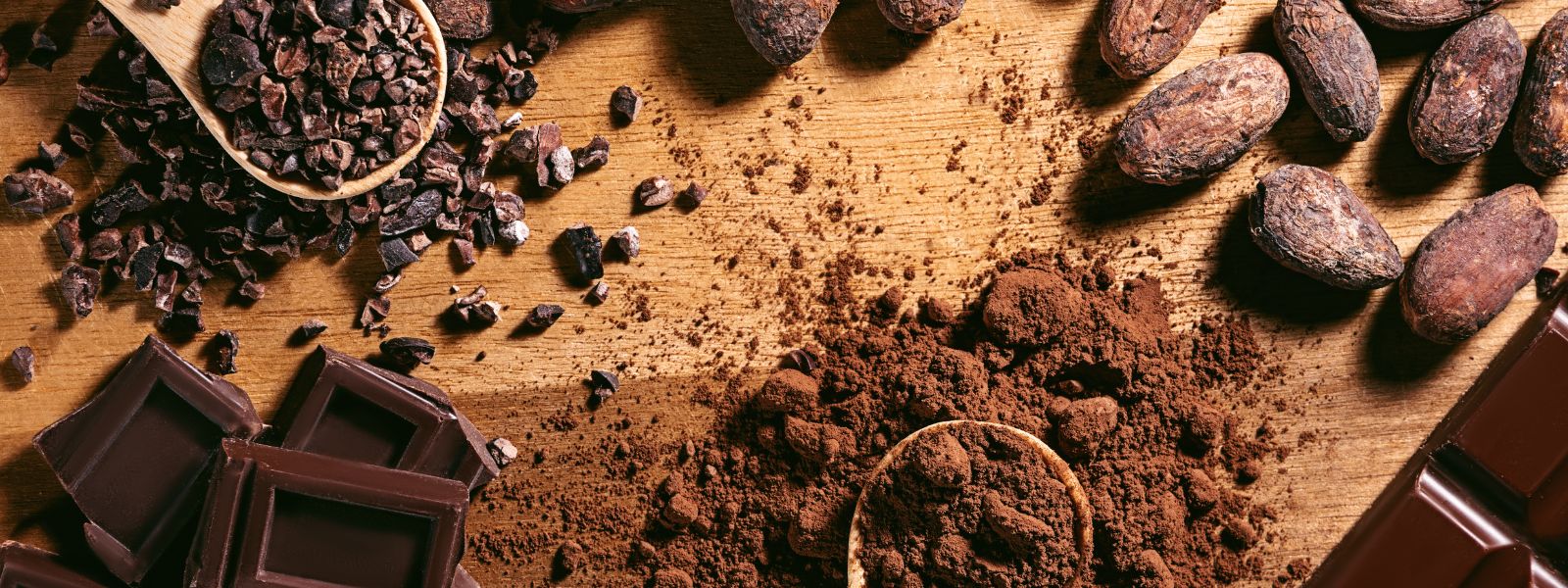
Hormone Balancing Foods: Fighting Hormonal Weight Gain Naturally
Hormonal imbalance can be the root cause of myriad health issues in women, ranging from irregular menstrual cycles to weight fluctuations, mood swings, digestive issues and chronic conditions like polycystic ovary syndrome (PCOS). It’s well known that diet plays a crucial role in balancing hormones. Understanding how different foods and food groups affect your hormones can help you manage these conditions more effectively and naturally. This blog post aims to explore the relationship between diet and hormones, with a focus on hormone balancing foods and the effects from the key food groups such as proteins, carbs, fats and sugars. We'll also take a look at some strategies for combating hormonal weight gain naturally.
The Connection Between Diet and Hormone Balance
Hormones are chemical messengers that impact the way your cells and organs function. It's essential for these messengers to be in proper balance for your body to operate optimally. Your nutritional choices are intrinsically linked to hormone regulation. Certain foods contain elements that assist in balancing hormones, whilst others can have a destabilising effect, throwing hormones off balance. Therefore, understanding how different food groups impact hormone regulation is crucial in achieving a healthier body weight and overall wellness. It's not only about how much you consume, but the nutritional quality of what you are eating also matters.
Diet influences hormones in several ways:
- Blood Sugar Regulation: Foods that cause a rapid increase in blood sugar can lead to insulin resistance over time, which can disturb hormone balance and lead to weight gain.
- Gut Health: Your gut health affects your hormones. A diet high in fibre supports a healthy gut microbiome, which helps to regulate oestrogen levels.
- Inflammation: Certain foods can cause inflammation, which can directly impact hormone production and balance.
- Nutrient Support: Your body needs various nutrients to produce hormones. A nutrient-dense diet ensures your body has the building blocks it needs for hormone production.
Foods That Affect Hormone Balance
To manage your hormones naturally, focus on including these food groups in your diet:
1. High-Fibre Foods
Fibre plays a pivotal role in balancing hormones by supporting gut health and assisting in the regulation of blood sugar levels. Foods rich in fibre, such as vegetables, fruits, legumes, and whole grains, can help prevent oestrogen dominance and improve insulin sensitivity.
2. Healthy Fats
Healthy fats are essential for hormone production. Foods high in omega-3 fatty acids, such as salmon, flaxseeds, and walnuts, can reduce inflammation and help balance hormone levels. Avocado and olive oil are also excellent sources of monounsaturated fats, which support overall hormonal health.
3. Protein-Rich Foods
Adequate protein intake is crucial for hormone balance. Protein helps to slow the absorption of glucose into your bloodstream, reducing insulin spikes. Include a variety of protein sources, such as lean meats, fish, eggs, dairy, legumes, and nuts, in your diet.
4. Phytoestrogen Foods
Phytoestrogens are plant-derived compounds that mimic oestrogen in the body and can help balance hormones, particularly in menopause. Foods like soybeans, flaxseeds, and sesame seeds are high in phytoestrogens.
5. Cruciferous Vegetables
Vegetables like broccoli, cauliflower, and Brussels sprouts contain indole-3-carbinol, which helps regulate oestrogen levels and has been linked to reduced risk of certain hormone-related cancers.
Blend11 ticks many of these boxes. It is a great source of diverse fermentable fibre and healthy fats including omega-3, 6 and 9 and contains 9.9g of plant protein per serve. You can easily add it to a smoothie, sprinkle it on your breakfast bowl and incorporate it into hundreds of recipes.
Foods to avoid for hormone imbalance
Understanding which foods to avoid is a vital step in your journey towards hormonal balance.
1. Highly-Processed Foods
Packed with harmful additives, preservatives and artificial sweeteners, these foods can disrupt hormonal equilibrium and contribute to weight gain.
2. Deep Fried Foods
Likewise, deep-fried foods, often rich in trans fats, are detrimental to hormone balance. Overconsumption can result in inflammation and hormone disruption.
3. Alcohol and Caffeine
Alcohol and caffeine should also be consumed in moderation as excessive intake can interfere with hormone regulation.
4. Refined Carbs
Be wary of refined carbohydrates and sugars, prevalent in sweets and pastries. They can cause blood sugar spikes, affecting insulin function and leading to weight gain.
5. Dairy and Gluten
Dairy and gluten can be problematic for some individuals, causing inflammation and hormone imbalance.
Maintaining a hormone-friendly diet isn't just about incorporating the right foods, but also about avoiding those that can upset the delicate hormonal balance.
Combating Hormonal Weight Gain Naturally
Hormonal weight gain often results from insulin resistance, stress (cortisol imbalance), and oestrogen dominance. There are, however, a number of things you can do to help combat this naturally including:
- Adopt a Low-Glycemic Diet: Focus on foods that have a minimal impact on blood sugar levels.
- Incorporate Regular Exercise: Physical activity can improve insulin sensitivity and help balance hormones.
- Manage Stress: Practise stress-reduction techniques such as yoga, meditation, or deep breathing exercises to lower cortisol levels.
- Ensure Adequate Sleep: Sleep has a profound impact on hormonal balance. Aim for 7-9 hours of quality sleep per night.
Balancing hormones naturally through diet involves consuming a variety of nutrient-dense foods, managing blood sugar levels and ensuring adequate intake of fibre, healthy fats and proteins.
Blend11 can be an easy way to regularly incorporate a high-fibre, nutrient-rich natural food into your diet that has no added sugar and is a great source of healthy fats and plant protein.
By making these dietary adjustments, you can significantly improve your hormonal health, combat weight gain, and feel more balanced both physically and emotionally. Remember, it’s always a good idea to consult with a healthcare provider or a dietitian before making significant changes to your diet, especially if you have existing health conditions or concerns.




